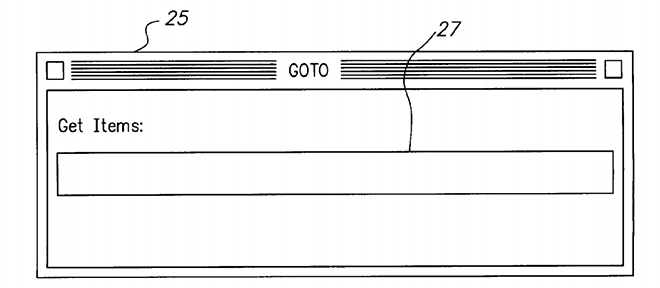An agreement between Google and Samsung, revealed on Tuesday in the second California Apple v. Samsung patent trial, has the Internet search giant on the hook for legal fees and liability related to up to four Apple patents.
According to in-court reports from Re/code, a Google attorney James Maccoun presented testimony saying the company is contractually obliged to pay for the defense of certain patent claims made against Samsung.
In a taped deposition, Maccoun read emails outlining Google's Mobile Application Distribution Agreement (MADA) with Samsung. Aside from the financial aid, the numbers of which remain sealed, Google also agreed to take on responsibility for the same patents if Samsung ends up losing the case, meaning the Mountain View, Calif. company would indemnify the Korean company on those lost claims.
An account from The Verge added detail, noting Google agreed to back Samsung on two patent claims regarding universal search. In the current Apple v. Samsung trial, Apple is asserting one such property.
Specifically, Apple is asserting U.S. Patent No. 6,847,959 for a "Universal interface for retrieval of information in a computer system," which is still in play. Two other claims were pared from Apple's assertions in an effort to narrow the case for an early trial start date.
As noted by the San Jose Mercury News, the presentation of Maccoun's deposition was an attempt by Apple to counter Samsung's defense that its devices should not be singled out as the alleged infringing features were part of Google's Android operating system. In effect, Samsung has been using Google as a shield against Apple's patent infringement claims.
 Mikey Campbell
Mikey Campbell








 Charles Martin
Charles Martin
 Christine McKee
Christine McKee
 Wesley Hilliard
Wesley Hilliard
 Malcolm Owen
Malcolm Owen
 Andrew Orr
Andrew Orr
 William Gallagher
William Gallagher
 Sponsored Content
Sponsored Content








93 Comments
[quote name="AppleInsider" url="/t/178754/google-agreed-to-pick-up-tab-for-some-samsung-legal-fees-take-on-liability-in-case-of-loss#post_2520906"]An agreement between Google and Samsung, revealed on Tuesday in the second California Apple v. Samsung patent trial, has the Internet search giant on the hook for legal fees and liability . . .[/quote] According to Re/Code Google's agreement with their licensees has an indemnity clause and likely always has. It's part of their Mobile Application Distribution Agreement. It's not even a secret agreement. http://www.sec.gov/Archives/edgar/containers/fix380/1495569/000119312510271362/dex1012.htm Section 11 for those who'd rather not read more than needed.
Prob'ly. It sure underscores that this is a proxy war.
http://www.sec.gov/Archives/edgar/containers/fix380/1495569/000119312510271362/dex1012.htm
Section 11 for those who'd rather not read more than needed.
It was also interesting to read in the Re/Code article that two of the four patents were dropped from the trial before it began and that background sync ('414) and global search ('959) are the only two patents being asserted in this trial. Admittedly I haven't been paying the closest attention to every detail, but that's a pretty big detail that got past me. Any idea why the other two were dropped?
?
Thanks in advance.
edit: Two more:
?
Thanks in advance.
edit: Two more:
Most of the patents covered in his trial should not have been patented as they cover an idea and not an execution.
The difference is that we have an understaffed under funded patent system, where all you need to get a patent is a worth smith. Throw in a few "apparatus" and "hierarchy" make it 20 pages and you could get a patent for anything.
see this masterful patent on toast: http://www.google.com/patents/US6080436
In the rest of the develop world these patents would be laughed out of court and they have.